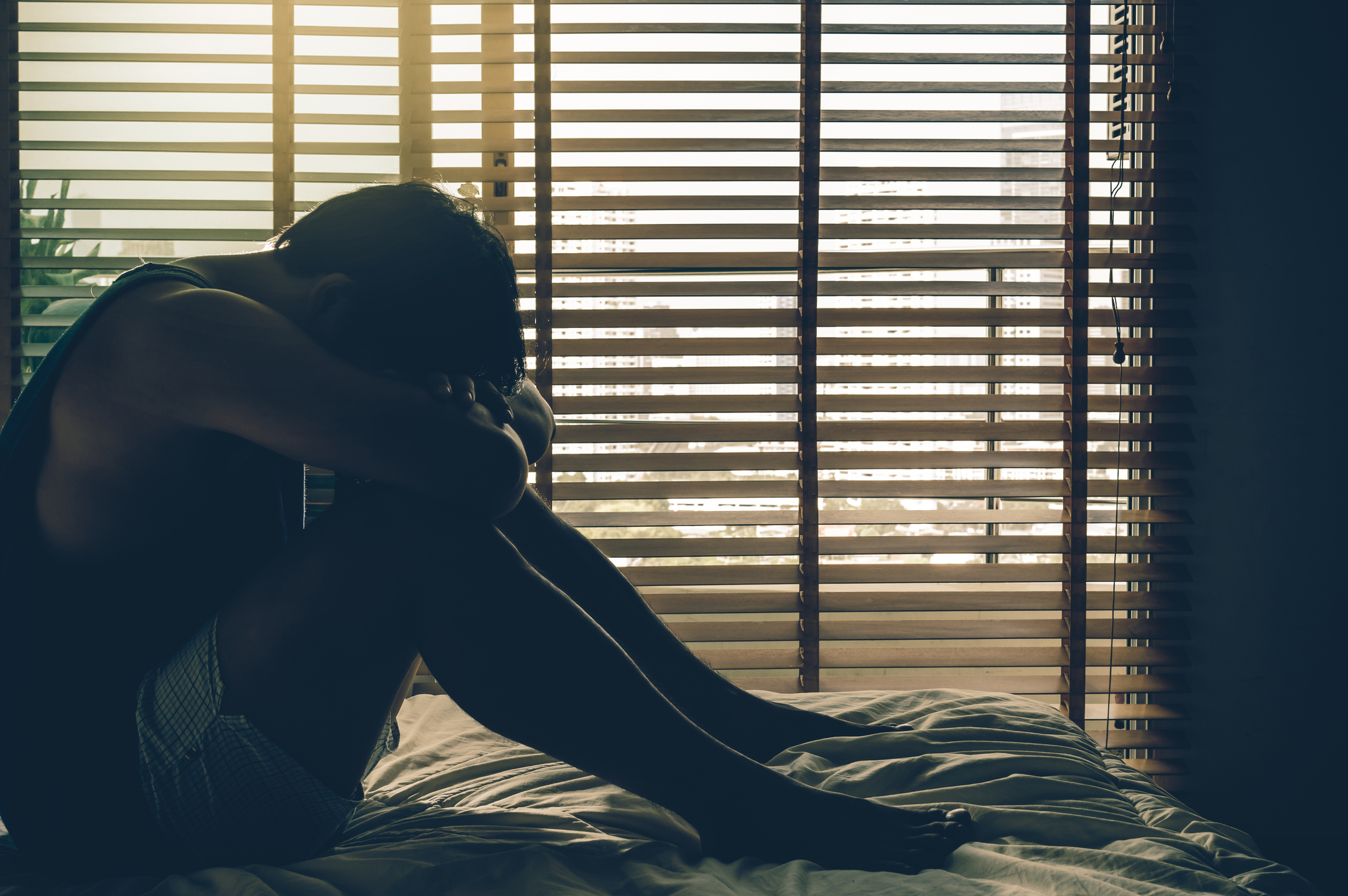I have a disease — I am infected by my thoughts. I have had the strongest convictions that I suffer from some obscure, virtually nonexistent ailment that has a prevalence rate of 1 out of the global population, .000000000143 percent. It presents zero symptoms, and their absence is the torture. It is dormant within my body and could suddenly awaken to take my life away. I couldn’t sleep properly for weeks on end because I feared it would permanently disable my ability to rest, and I would meet my death through sheer exhaustion. Spontaneous heart attacks, irreversible emotions, feeling absolutely nothing and the forces of time and space warping amongst other obsessions were all very real problems for me.
I was reluctant to tell anyone about them for the same reason that may have caused the reader of my description above to feel discomfort. I didn’t want to be perceived as particularly unusual, as someone who was out of touch with reality and incapable of rationality. I only discussed my mental health during my appointments made to address it, and I never took those conversations outside the soundproof door of my therapist’s office. Out of all my worries, the fear of others finding out about them was my worst. It was why I told my friend last year, while the ground was collapsing under my feet, that my mom was referring to a chemistry question when he saw a text from her asking if the Zoloft was working and was naturally concerned. He didn’t question the most half-baked attempt at a lie, and the topic was never broached again.
It was my secret, but I didn’t even disclose it to myself. In fact, it wasn’t until I made the call asking my parents to take me out of Cornell during one of my worst bouts of anxiety and depression that I rescinded my denial and admitted that I have a disease. After years of involuntary preoccupation with the bizarre, pathological illnesses I convinced myself I had, I finally took the first step in acknowledging my mental illness, and it was then that my resiliency started to improve. I became more motivated to get out of bed and push through each day throughout my second semester. There was a stark difference in how I felt compared to my first semester as a silent sufferer, repressing any hopes of progress.
My experience has led me to believe that being honest about one’s own mental health is key to managing it, as well as combating the connotations of mental illness and mental health that continue to plague society. Despite the volumes of scientific evidence affirming mental illness as a class of medical problems with clear biological implications, why is it still easier to say you have celiac disease than Major Depressive Disorder? Historically negative associations surrounding mental health still have a strong presence, and the only way to chip away at them is to approach the topic with positivity and openness, encouraging people going through a rough patch that it is acceptable, and in fact encouraged, to seek out help.
Just because mental illness is hidden does not mean that it is unimportant or nonexistent, and more dialogue pertaining to mental health can work to treat not only the individual in need of assistance, but the countless individuals that are unaware of the resources available or are simply too hesitant to use them. Sharing your own mental health narrative can give voice to those around you who guard theirs with an unassuming smile.
Stigma is the target here; it actively prevents one (or one’s family and friends) from recognizing and acting on clear signs of distress. It drives the “it’s in your head” responses and the “but they seemed so happy” outcomes, and the only way to fight it is to ignore its warnings about the potential damage that association with the term “mental health” can do to your image.
What anyone with MDD, GAD, OCD or any other conditions described in the diagnostic statistical manual will tell you is that for the most part, we can separate our illnesses from ourselves. We can take a step back and view our difficult minds as the afflicted entity, not us. Instead of simply observing, however, it’s time we took the responsibility of helping our minds work through the difficulties that we all endure.


